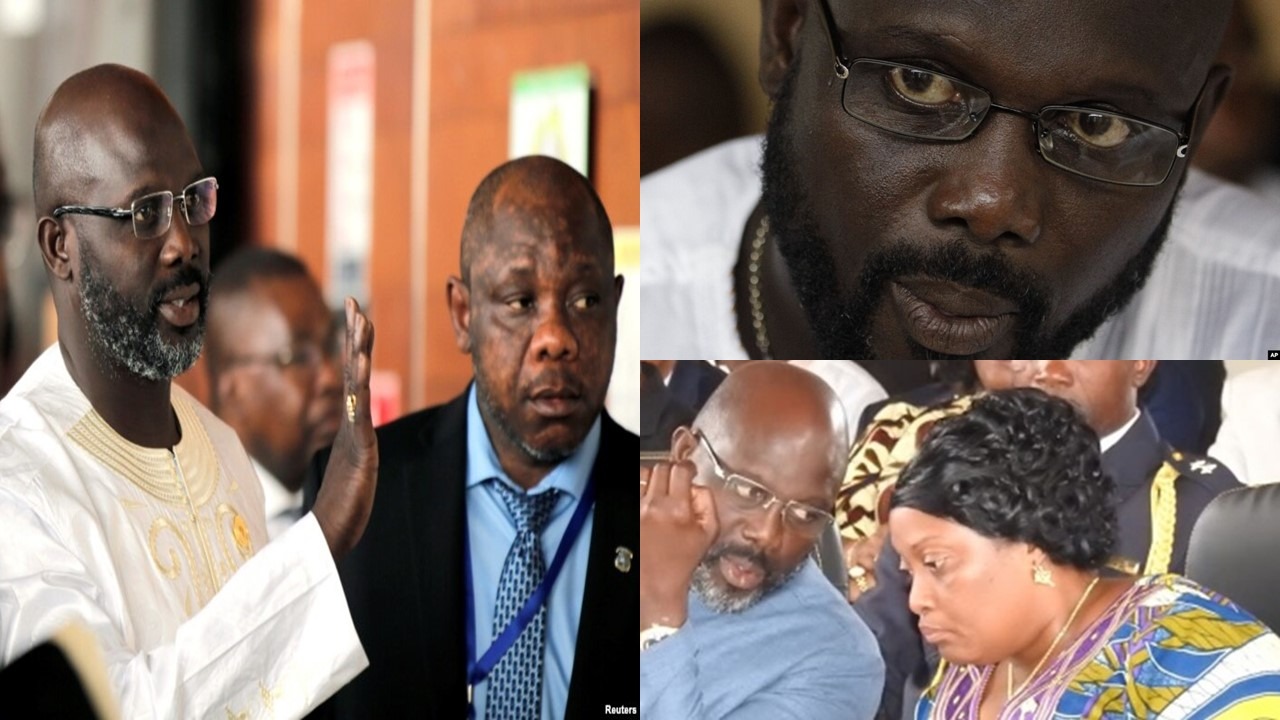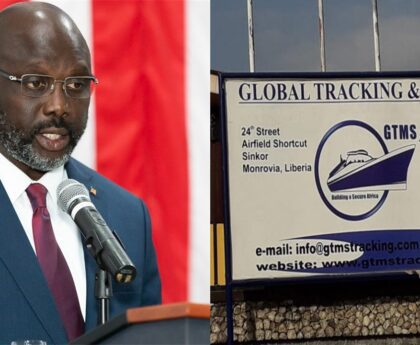In a surprising turn of events, President George Weah faced defeat in the run-off election despite employing significant financial resources from the government coffers to support his re-election campaign. The stunning outcome has left both supporters and political analysts questioning the factors that led to this unexpected defeat and the efficacy of the massive financial investment in the campaign.
One of the perplexing aspects of President George Weah’s defeat is the sheer magnitude of funds allocated to his re-election bid. Reports indicate that substantial amounts were utilized to influence political endorsements, fund extensive campaign events, and bolster efforts to secure voter support. Despite these considerable financial investments, the electorate delivered a decisive verdict in favor of the opposing candidate.
One plausible explanation for President George Weah’s defeat lies in the electorate’s expectations and perceptions. The public scrutiny surrounding the utilization of government funds for campaign purposes may have raised concerns among voters about the transparency and fairness of the electoral process. In a democratic society, voters often value leaders who prioritize accountability and ethical conduct in political campaigns.
Moreover, the electorate’s evolving priorities and concerns might have played a role in the outcome. While financial investments are undoubtedly crucial in mounting an effective campaign, voters increasingly prioritize issues such as governance effectiveness, socioeconomic development, and responsiveness to citizen needs. President George Weah’s campaign failed to address these concerns adequately, and have contributed to his electoral setback.
Another factor to consider is the dynamic nature of political landscapes. Even with substantial financial backing, campaigns must adapt to changing circumstances, public sentiment, and emerging issues. President George Weah’s inability to navigate these complexities or address pressing concerns effectively may have eroded his support base, leading to a less favorable outcome in the run-off election.
Furthermore, the influence of political endorsements, despite being financially supported, is contingent on the credibility and resonance of the endorsing figures. These endorsements failed to align with the aspirations and values of the electorate, their impact on the campaign might have been diminished.
In the aftermath of the defeat, President George Weah and his team may benefit from conducting a comprehensive post-election analysis. This assessment could delve into the effectiveness of campaign strategies, the resonance of the campaign message, and the public’s perception of the government’s use of funds for electoral purposes.
In conclusion, President George Weah’s defeat in the run-off election, despite substantial financial investments, underscores the multifaceted nature of electoral dynamics. Beyond financial resources, effective communication, responsiveness to citizen concerns, and adaptability to changing political landscapes are crucial elements for a successful campaign. As Liberia reflects on this electoral outcome, it offers an opportunity for introspection and strategic recalibration for future political endeavors.




